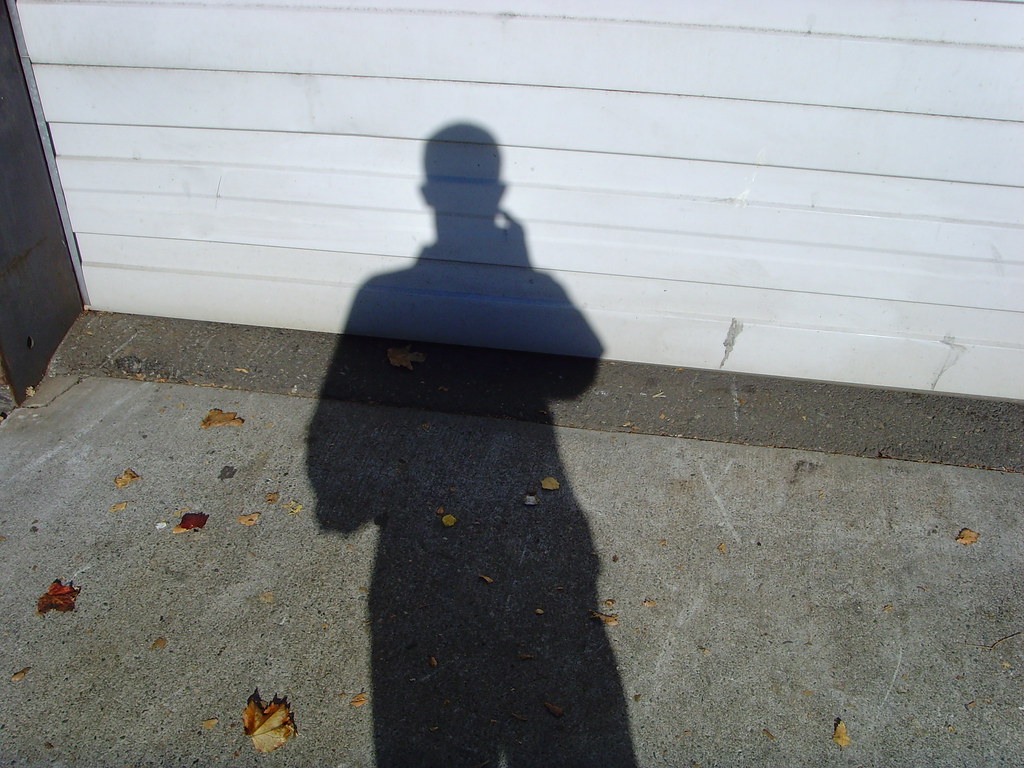God of the Jawas
The importance of leaving rusting idols in the Tatooine desert appears threefold: One, to alert other wandering tribes of Jawas that this indeed is a good travel route, as pioneered by a particular tribe (indicated by the style of the idol, and inscriptions); Two, to designate an area of resources; and Three, to indicate a territorial boundary. Boundaries are shared and very flexible by default; a tribe wandering into another tribe's idol-dotted area is under no threat: Jawas always share all resources with their own kind, sometimes to a fault. The 'boundary' is more a designation of the hostmanship is as you travel through this particular land. Further, each "idol station" is a sort of folk worship altar, where each passing Jawa tribe will stop, place offerings, and potentially rest a few days. As has been noted earlier by Brunson (1997), Carpith (2024) and Xenuduin (2319), these idol stations are found in locations with useful desert resources: water, shade, low wind, physical protection, high magnetic potential, and quality food opportunities. These idols eventually do rust and abrade away in the contant winds, often leaving a stain in the ground or wall nearby. Skilled Jawas can interpret theses stains and deterime the tribe which erected the previous idol. If left untended for a long enough period of time, another Jawa tribe may claim the area and assume host responsibilities. Usually this happens after the initial tribe has been contacted to confirm their disinterest in the location, but occasionally the initial tribe cannot be located and does not come back to maintain the spot.



No comments:
Post a Comment